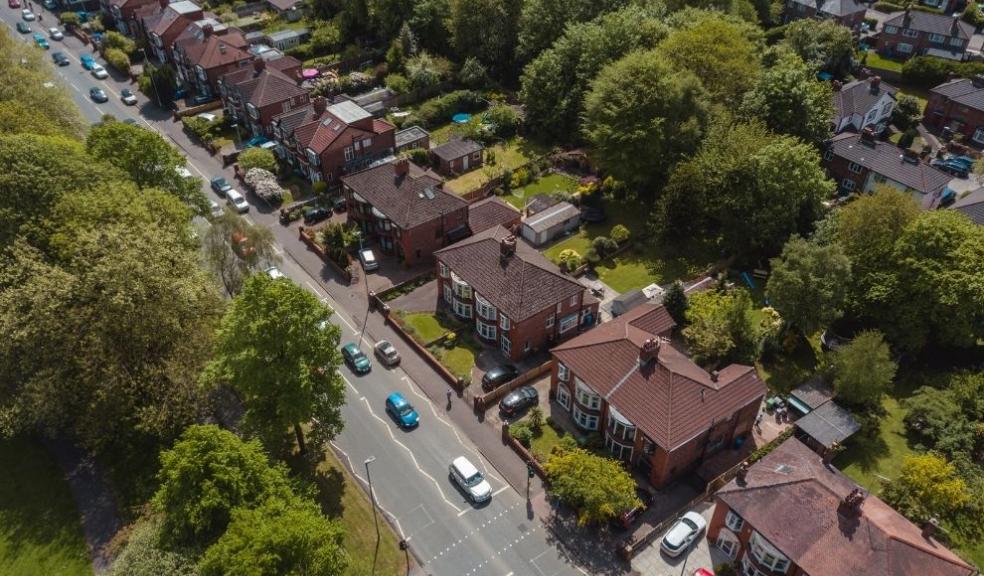
London beats the commuter belt for pandemic property sales but trails on price appreciation
Astons, the international experts on real estate, residency and citizenship through investment, has found that London has trailed behind the commuter belt where pandemic property price appreciation is concerned. However, the capital has held its own in terms of the number of homes sold, suggesting that the demise of the London market due to lockdown restrictions may have been exaggerated.
Astons analysed house price growth across the 10 counties most commonly viewed as the London commuter belt and found that since the start of the pandemic in January of last year, property prices have climbed by 6.8%.
This growth has been led by Kent (7.8%), East Sussex (7.7%) and Buckinghamshire (7.6%), while Hampshire (6.9%) and Essex (6.9%) have also enjoyed above average rates of annual growth.
In contrast, the average London house price has increased by just 5.1% during the same time period, although outer London has seen a stronger performance at 6.7% while inner London has trailed behind at just 2.9%.
Lockdown has spurred many to look beyond London for larger homes with more outdoor space, largely driven by the ability to work from home removing the need for a convenient commute.
However, the research by Astons suggests that reports of London falling out of favour with homebuyers are far from the reality.
Since the start of the pandemic, 77,019 property transactions have completed across the capital, 38% of which were across inner London.
While the commuter belt has seen almost double this number collectively (143,264), no one area has managed to match the might of the London market. Kent has seen the highest level of transactions but at just 22,406, there have been more than 50,000 fewer homes sold when compared to London.
Managing Director of Astons, Arthur Sarkisian, commented:
“There’s no doubting that the allure of the commuter belt has spurred many London homeowners to up sticks and head for the hills. However, rather than a commutable home at an affordable distance, the driving factors have been more green space and a larger property.
This heightened market activity has clearly had an impact on property prices, with commuter belt property values increasing at a far higher rate than London as a whole.
However, the assumption that the London market has come off the boil is far from the reality. Of course, Covid and the ability to work from home has had some impact but despite this uncertainty, the capital has still registered strong price growth since the start of last year and the average London house price has just tipped £500,000 for the first time.
With many now returning to the workplace and restrictions lifting on foreign travel, we expect the London market to gain a serious head of steam over the coming months, driven by both domestic and foreign market interest.”
|
Area |
Pre-Pandemic House Price (Jan 2020) |
Current Average House Price |
House Price Change (%) |
All Transactions |
|
Kent |
£294,384 |
£317,251 |
7.8% |
22406 |
|
Essex |
£309,475 |
£330,908 |
6.9% |
20795 |
|
Hampshire |
£312,762 |
£334,452 |
6.9% |
19803 |
|
Surrey |
£440,119 |
£470,174 |
6.8% |
16622 |
|
Hertfordshire |
£394,462 |
£418,638 |
6.1% |
14909 |
|
West Sussex |
£323,184 |
£344,223 |
6.5% |
13126 |
|
Berkshire |
£356,610 |
£376,573 |
5.6% |
10770 |
|
East Sussex |
£281,469 |
£303,052 |
7.7% |
8833 |
|
Bedfordshire |
£272,749 |
£289,611 |
6.2% |
8700 |
|
Buckinghamshire |
£395,625 |
£425,849 |
7.6% |
7300 |
|
Commuter Belt |
£338,084 |
£361,073 |
6.8% |
143264 |
|
|
|
|
|
|
|
Area |
Pre-Pandemic House Price (Jan 2020) |
Current Average House Price |
House Price Change (%) |
All Transactions |
|
Inner London |
£578,737 |
£595,291 |
2.9% |
29354 |
|
Outer London |
£422,566 |
£450,712 |
6.7% |
47665 |
|
London |
£475,948 |
£500,310 |
5.1% |
77019 |









